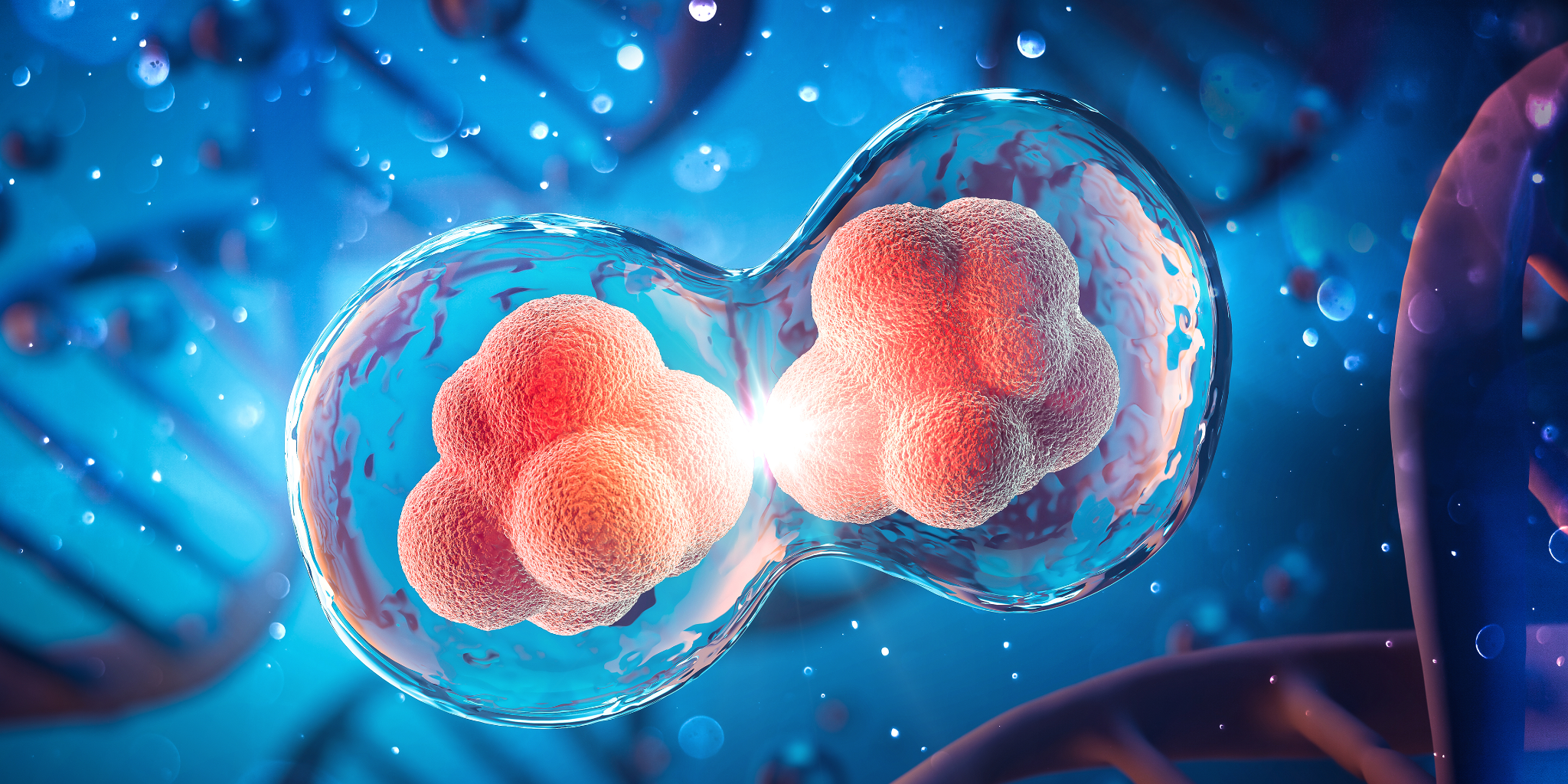Contract development and manufacturing organizations are playing an increasingly vital role in the pharmaceutical world.a These companies are responsible for a significant portion of biomanufacturing, producing some of the world’s most-prescribed medications. They develop and manufacture biopharmaceuticals, medicines produced using biotechnology and living cells.
Biopharmaceuticals continue to gain traction. Humira, a biologic used to treat inflammatory conditions such as arthritis and plaque psoriasis, was long the world’s best-selling drug. In 2021, it was displaced by another biologic: the COVID-19 mRNA vaccine Comirnaty.
CDMOs play a behind-the-scenes, but crucial role in the production of biologics. They contract with pharmaceutical companies to offer a range of services, from drug development and clinical trials to large-scale manufacturing. While pharmaceutical companies receive the limelight for breakthrough therapies, outsourced development and manufacturing is often a crucial component of bringing drugs to market.
To better understand what these companies really do, we can analyze the operations and business strategy of the world’s largest CDMO by capacity, Samsung Biologics.
What Is a CDMO?
CDMOs can serve as one-stop shops for pharmaceutical companies. The leading companies provide a suite of services that spans the entire drug development and production life cycle — preclinical research, formulation development, clinical trial support, and small- or commercial-scale manufacturing.
Increasingly, pharmaceutical companies outsource these functions to focus on their core competencies, such as drug discovery and marketing, while accelerating time-to-market for new therapies.
“In a very real sense, the leading CDMOs today are innovators themselves,” explained Daniel Buckley, associate director of CDO downstream development at Samsung Biologics, in a recent interview.
“They develop and implement novel manufacturing solutions that address some of the most pressing problems facing drug developers,” Buckley said. They have developed the specialized skills and expertise that are key to the successful development of complex molecules in the accelerated timelines required today, but are not practical for every drug developer to establish in-house.”
Core Competencies
As the name implies, the services a CDMO offers are divided into development, which includes processes such as cell line development and clinical trials, and manufacturing, which involves producing the developed drug at the scale required and providing aseptic fill/finish services to finalize the drug product that will ultimately be used by patients.
Samsung Biologics offers development and manufacturing services for monoclonal antibodies, mRNA vaccines, and biosimilars. While the company’s initial focus was monoclonal antibodies, or mAbs, recent developments in the industry have encouraged it and others to invest in a more diversified portfolio. According to a McKinsey & Company report, new drug modalities have increased from 11% to 21% of the drug development pipeline. McKinsey calls it the “fastest growth ever seen in the sector.”
“The best CDMOs have a long track record of successful project completions involving many different types of molecules and technologies,” said Buckley.
“That includes regulatory approvals from multiple authorities around the world, as it is a strong indicator of their experience with those regulatory agencies. They have established platform processes to accelerate timelines while simultaneously increasing the likelihood of success. The site’s team and the facility’s capabilities and capacity should be expanding as well, as that indicates they are attracting more clients and building a greater degree of trust in their capabilities.”
What Do CDMOs Make? Monoclonal Antibodies, mRNA, and Biosimilars
Monoclonal antibodies largely remain the cornerstone of the biopharmaceutical industry. These molecules mimic the immune system’s ability to fight off harmful pathogens, and they have a wide range of applications, from cancer to autoimmune disease treatments. The production of mAbs is a highly specialized process that requires expertise in cell culture, purification, and quality control, and CDMOs have invested heavily in these capabilities.
The COVID-19 pandemic thrust mRNA vaccines into the spotlight, and CDMOs played a pivotal role in scaling up production. mRNA vaccines, unlike traditional vaccines, use a snippet of genetic material to instruct cells to produce a protein that triggers an immune response. The manufacturing process for mRNA vaccines requires specialized facilities and expertise, and CDMOs have rapidly adapted to meet demand, contributing to the swift rollout of vaccines. They stand to play an important role in development and manufacturing as researchers work on potential applications for mRNA ranging from cancer to HIV.
Biosimilars, which are essentially functionally identical copies of reference biologic drugs, are another potential growth avenue for the industry. As patents expire on blockbuster biologic drugs like Humira, the market for biosimilars is expanding. Producing biosimilars isn’t as straightforward as making generic versions of small-molecule drugs. The process involves complex biotechnological methods and needs to meet rigorous quality standards, but there is a significant upside in providing a more cost-effective alternative to original biologics.
A Booming Industry
The CDMO industry is experiencing a surge fueled by advancements in biotechnology and an ever-increasing demand for specialized medicines. From monoclonal antibodies and mRNA vaccines to biosimilars, these biomanufacturing companies have become integral to the broader pharmaceutical industry.
Their role is likely to become even more vital as new technologies emerge and the need for specialized manufacturing continues to rise. Far from being mere service providers, they are becoming strategic partners in the never-ending push to develop and deliver life-changing therapies.

